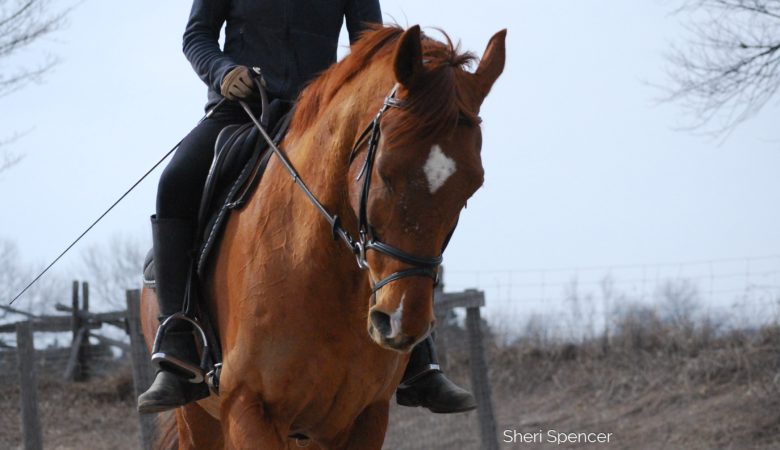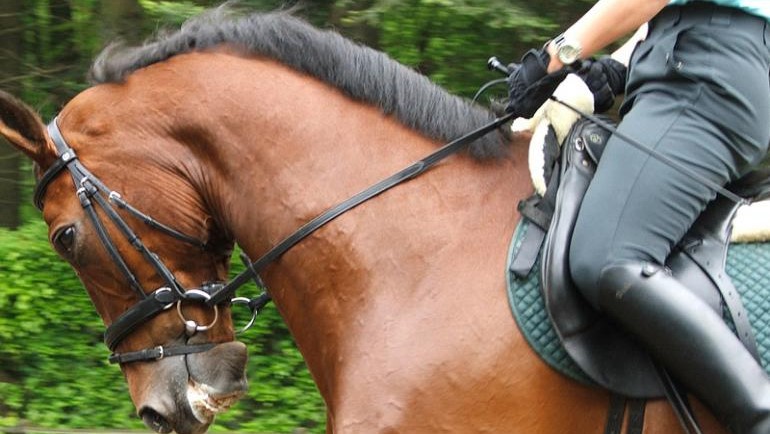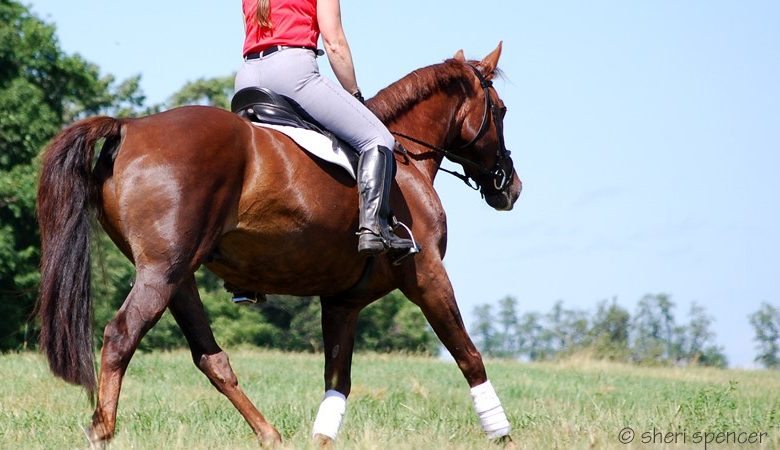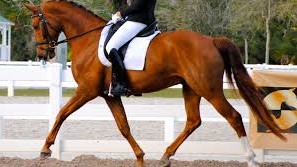When the horse creates habits (or find points on the circle) to throw his shoulder in or out, the underlying issue is usually a simple matter of lacking strength, balance or straightness (or a little of each). Whether it’s a subtle bulging or full-on V-like bend and stumbling sideways, he needs your support and a …





